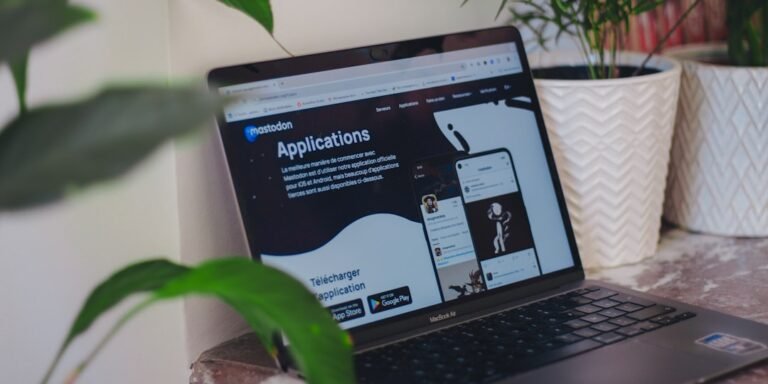b2b customer
In the world of business-to-business (B2B) sales, understanding the customer is crucial for success. B2B customers are distinct from business-to-consumer (B2C) customers in terms of their needs, behaviors, and purchasing decisions. In this article, we’ll delve into the world of B2B customers, exploring their characteristics, pain points, and expectations.
What is a B2B Customer?
A B2B customer is an individual or organization that purchases products or services from another business, with the intention of using them for their own business operations. B2B customers can range from small businesses to large enterprises, and their purchasing decisions are often complex and influenced by multiple stakeholders.
Characteristics of B2B Customers
B2B customers exhibit unique characteristics that set them apart from B2C customers. Some key characteristics include:
**Rational decision-making**:
B2B customers make purchasing decisions based on logic and reason, often involving careful evaluation of products or services.
**Longer sales cycles**:
B2B sales cycles can be lengthy, sometimes taking months or even years to close a deal.
**Multiple stakeholders**:
B2B purchasing decisions often involve multiple stakeholders, including influencers, decision-makers, and end-users.
**High-value purchases**:
B2B customers typically make high-value purchases, which can have a significant impact on their business operations.
Pain Points of B2B Customers
B2B customers face a range of pain points that can affect their businesses. Some common pain points include:
**Inefficient processes**:
B2B customers often struggle with inefficient processes, such as manual data entry or outdated technology.
**Limited resources**:
B2B customers may have limited resources, including budget, personnel, or expertise.
**Complexity**:
B2B customers often face complex challenges, such as integrating multiple systems or managing multiple stakeholders.
Expectations of B2B Customers
B2B customers have certain expectations when it comes to interacting with suppliers. Some key expectations include:
**Personalized service**:
B2B customers expect personalized service, including tailored solutions and dedicated support.
**Expertise**:
B2B customers expect suppliers to have expertise in their industry and to be able to provide valuable insights and advice.
**Transparency**:
B2B customers expect transparency in pricing, delivery, and communication.
How to Effectively Engage with B2B Customers
To effectively engage with B2B customers, businesses should:
**Develop a deep understanding of their needs and pain points**:
Take the time to understand the challenges and goals of your B2B customers.
**Provide personalized solutions**:
Offer tailored solutions that meet the specific needs of your B2B customers.
**Build strong relationships**:
Foster strong relationships with your B2B customers, including regular communication and dedicated support.
Conclusion
Understanding the B2B customer is crucial for success in the world of business-to-business sales. By recognizing the unique characteristics, pain points, and expectations of B2B customers, businesses can develop effective strategies for engaging with them and building long-term relationships. By providing personalized solutions, expertise, and transparency, businesses can establish trust with their B2B customers and drive growth and success.
About Relvixis: Relvixis is a Canadian-based digital agency specializing in results-driven solutions for businesses looking to grow online.
We offer expert services in SEO optimization, web development, social media management, and marketing automation.
Our team blends creative strategy with technical precision to drive leads, enhance brand visibility, and accelerate digital performance.
To learn more or schedule a free consultation, visit
relvixis.com.







